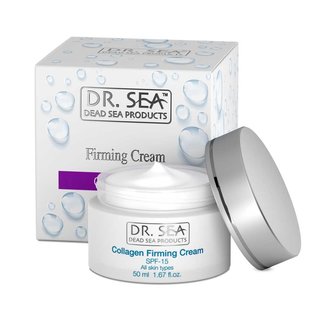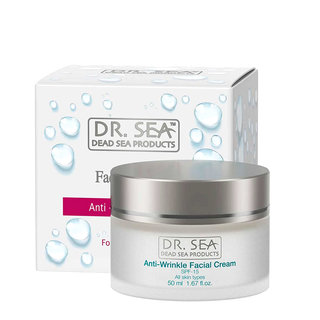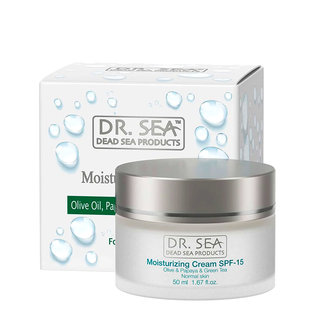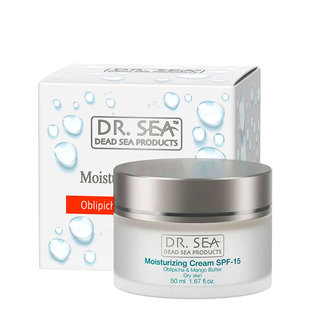
Air pollution and the skin
Unfortunately, our air is often contaminated with exhaust fumes, cigarette smoke, by-products from production processes (eg phthalates from plastics), particulate matter, and smog (particulate matter in response to sunlight). Although air pollution is a worldwide problem, Although air pollution is a global problem, the degree of pollution varies from location to location. There is a difference between city and countryside, but climate and season also play a role. Air pollution can therefore differ per day and even per moment of the day. In general, the air is "dirtier" in warm areas or during warm periods.
When we think of the effects of air pollution on our health, most of us associate this with the health consequences of the inhaled air. Exposure to particulate matter in particular is a well-known source of damage. In recent years, however, it has become increasingly clear that the skin is also suffering.
What is the effect of air pollution on the skin?
The skin is always in direct contact with the air in which we live and move. Air pollution causes the formation of free radicals. Smog in particular is a cause of a disturbed skin barrier and a higher sensitivity to UV radiation. As a result, the skin becomes unbalanced and the skin aging process is accelerated, which can manifest itself in:
- Pigmentation marks
- An unevenly dull complexion
- Wrinkles
- Enlarged pores
- Red, sensitive skin
- Dry skin that is itchy and/or tight to touch (i.e. dehydrated skin)
What can you do to protect your skin?
It is very good that more and more people are realizing that factors such as sun, smoking and environmental pollution have negative effects on the condition of the skin. The most important remedy and challenge against external damage is to ensure that your skin is in the best possible condition, in other words, has the greatest possible resistance.
- You can do this by daily taking care of your skin with mild ingredients that leave and strengthen the skin barrier. Use antioxidant-rich products in your diet and skin care.
- In addition, cleansing is a crucial part of your skin care routine. Use a mild, washable cleanser to remove dirt and dust from the skin. Avoid irritating ingredients or powerful washing agents; they damage the skin barrier, making it easier for pollution to enter.
- Moreover, even if you are exhausted in the evening, never sleep in the clothes that you have worn during the day; your clothing also contains contaminants that have accumulated during the day.
It is also good to regularly exfoliate your skin to keep it strong and in shape. - In addition, protect your skin daily from the sun with a proper SPF, even in winter.








